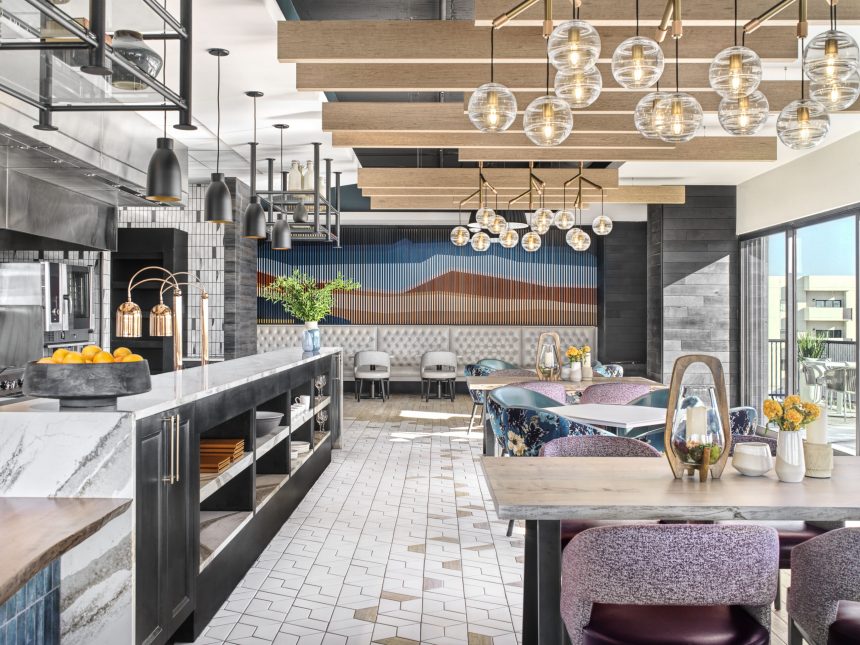‘Trends Have Changed’: Senior Living Operators Reposition Communities for the Boomer Generation
The high cost of new development and lack of financing for big projects has led some operators to renovate and reposition older communities. In 2024, senior living operators are focusing on adding value through renovations and repositioning to cater to the preferences of the incoming generation of residents.
One company at the forefront of this trend is Onelife Senior Living, based in Denver, Colorado. Onelife has acquired and repositioned several communities as part of their growth plan, expanding into Chicago with an acquisition and rebrand in late 2023. CEO Dan Williams emphasizes the importance of making a community’s entrance a focal point for new-resident interactions through renovations that highlight lifestyle-oriented offerings.
Architecture firms are also prioritizing repositioning projects in 2024 due to the high cost of senior living construction. Repositioning older communities is seen as a cost-effective way to meet the changing needs of residents while preserving affordable housing options. Having a master plan in place and breaking projects into phases are essential steps in successful repositioning projects.
Senior living operators are focusing on renovating dining and wellness spaces to appeal to the preferences of the baby boomer generation. Many communities are transforming dining venues into more casual spaces with grab-and-go options, as well as incorporating intergenerational and educational aspects into wellness programs.
Overall, the key to successful repositioning projects is to listen to residents’ needs and tailor communities to fit their preferences. By adapting to the changing trends and demands of the baby boomer generation, senior living operators can ensure their communities remain attractive and relevant in the years to come.






